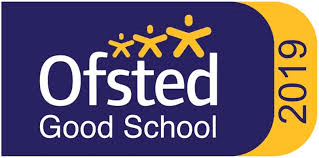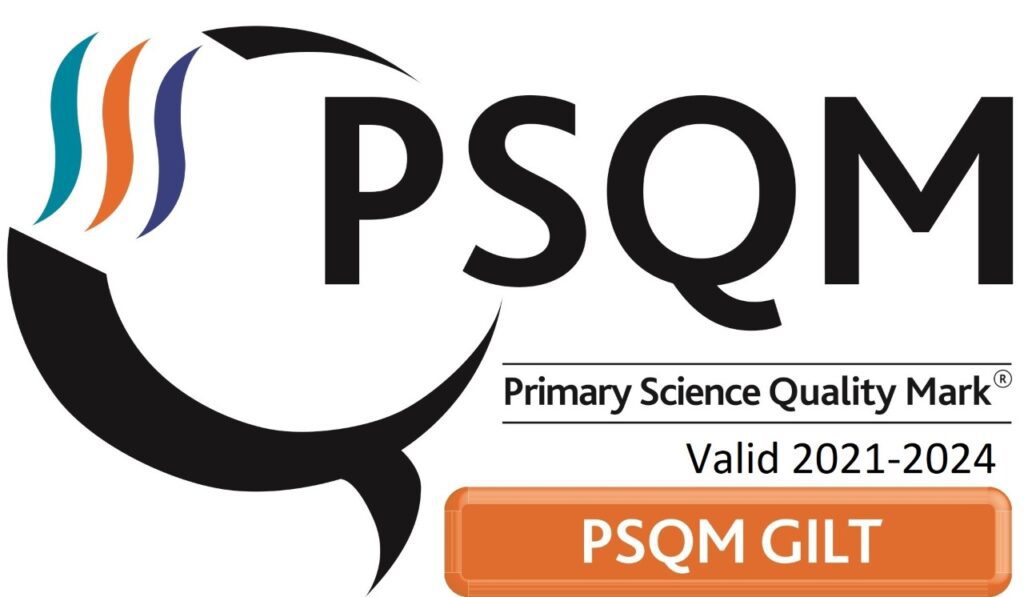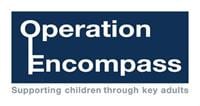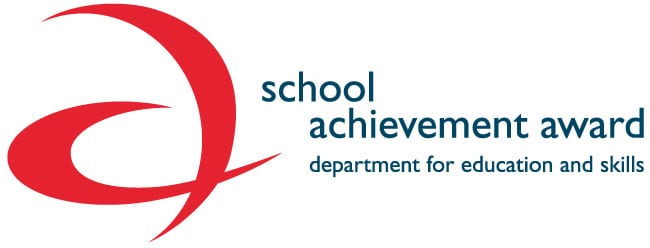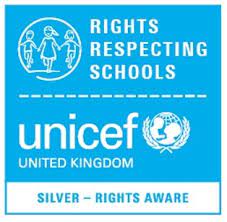Most children and young people in mainstream schools will have their special educational needs met through good classroom practice. This is called Quality First Teaching.
Early Identification of Need
In deciding whether to make special education provision to support educational, social, physical or emotional needs, we will use appropriate screen assessment tools, and ascertain pupil progress through:
- Evidence obtained by teacher observation/assessment.
- Working with outside agencies including medical professionals.
- Their performance in national curriculum against age related expectations.
- Pupil progress in relation to objectives in the National Literacy / Numeracy curriculum
- Standardised screening or assessment tools.
The code of practice clearly acknowledges the importance allocated to the teacher whose responsibilities include:
- Being aware of the school’s procedures for the identification, assessment of, and provision for, SEND pupils
- Collaborating with the SENCO to decide what action is required to assist SEND pupils
- Working with the SENCO to collect all available information on the SEND pupil in collaboration with the SENCO/outside agencies and develop plans for SEND pupils
- Working with SEND pupils on a daily basis to deliver the individual programme set out
- Developing constructive relationships with parents
- Being involved in the development of the school’s SEND policy
SEN Support
Where a pupil is identified as having a special educational need we follow a graduated approach which takes the form of cycles of “Assess, Plan, Do, Review”.
Our aims for children with SEND are the same as for all the other children in our care, but we recognise that we may have to adapt the methods of teaching and the pace of learning for these children to take account of their needs.
- Identify the child’s needs
- Inform all interested parties
- Have a means by which to implement an effective response
- Record and monitor the effectiveness of any action taken
- Ensure that curriculum policies include strategies for meeting the needs of all children including those with special educational needs
- Develop an approach to curriculum delivery which ensures that each member of staff recognises and accepts professional responsibility for meeting children’s special educational needs and children enjoy their learning
- Develop an atmosphere of encouragement, acceptance and respect for achievement and a sensitivity to individual needs in which children’s self-esteem and self-confidence grow and in which pupils feel that it is acceptable to make mistakes as they learn.
Assess, Plan, Do, Review
- Assess a child’s special educational needs
- Plan the provision to meet your child’s aspirations and agreed outcomes
- Do put the provision in place to meet those outcomes
- Review the support and progress
As part of this approach every child with SEN will have an individualised SEN Support Plan that describes the child’s needs, outcomes & provision to meet those needs. Parents/carers and child/YP (where appropriate) views are integral to the this process. We want to include SEND children in their decision making and offer opportunities and choices.
A small percentage of children and young people with significant and/or complex needs may require an assessment that could lead to an Education, Health and Care Plan.
Children with diagnosed SEND, whose needs are greater than those met by a SEN Support Plan, are given a personalised Education, Health and Care Plan (EHC Plan).
- The EHC Plans are focused on outcomes and are evidence-based
- The EHC Plan outlines how the plan will be implemented
- The EHC Plans are worked out jointly between the school, the NHS and the child’s family
- Parents get a say in what provision would be best for their child – parent’s views are an essential part of this process
- Schools receive funding for these children and parent views on how this would be best used are sought
For more detailed information see the Local Offer
Details of Identification and Assessment of Pupils with SEN
A special educational need can be a number of different things. For example, a child may be having problems with aspects of English, Maths or perhaps social or emotional issues, which can be helped by putting extra support in at school. It may also be due to a disability which makes it harder for a child to use the same educational facilities that the school provides for the majority of children. For some children this may be a temporary difficulty, while others may have a long term need for additional help. At Bournmoor Primary School we believe that working in close partnership with parents is essential to provide a supportive approach to helping children and that communication is a key part of that.
The school will use appropriate screen assessment tools, and ascertain pupil progress through:
- Evidence obtained by teacher observation/assessment.
- Working with outside agencies including medical professionals.
- Their performance in national curriculum against age related expectations.
- Pupil progress in relation to objectives in the National Literacy / Numeracy curriculum
- Standardised screening or assessment tools.
We have a range of assessments that are used to identify SEN and the areas of need. Below are just a few examples of how we do this within school which support the areas of need. We also link closely with external agencies to help identify through testing and observations.
To assess cognition and learning needs we use assessment tests for reading (comprehension skills), spelling and grammar, reading age data, phonics assessments and maths tests. We use precision teaching to support children with cognition and learning difficulties through planned activities and close assessment. When focusing on physical concerns we can work with the local authority ‘Move It’ programme team to identify gross and fine motor issues. We use an emotional checklist where we can identify pupils who need support as it allows them to show how they are feeling. This helps us assess their well-being and identify activities and programmes we can use to support them. Social difficulties are identified using a checklist which pupils complete and from this they take part in various programmes such as Talkabout and Relax Kids.
Systems are in place to record information/assessments including formal assessments (reading, writing, maths and phonics), regular informal testing, on-going observations, discussions with pupils and pre and post assessment checklists for pupils involved with SEMH interventions. Our data tracking system allows us to record formal assessments alongside our intervention tracker which provides regular opportunities to update on SIMS. Progress is tracked/assessed through these systems and also through communication with children and parents/carers so their views are sought.
How we respond to parental concerns:
At Bournmoor Primary School we endeavor to provide the very best service for our pupils and families. To help us provide this we require feedback. This can be achieved through the questionnaires we send to parents, through emails and telephone conversations but perhaps most importantly through face to face discussions.
We are committed to equality. We aim for every pupil to fulfil their potential no matter what his/her background or personal circumstances are. As a school applying for the Rights Respecting Award we firmly believe in Unicef’s Rights of the Child. Article 29 of Unicef’s Charter states: “Education should develop each child’s personality and talents to the full.”
At Bournmoor Primary School we believe that:
“All members of the school community should be aware that every individual has a right to be considered of equal value and be given equal opportunities regardless of: ethnicity, gender, social background, disability, belief, age or nationality. In the context of the school we feel the most appropriate definition is that: equal opportunity is the right of everyone to equal chances, and each individual is respected for who they are.”
We have an Accessibility Plan outlining how we support SEND pupils and visitors in our school. A copy of this is available in the SEND section of our website or parents/carers can request a paper copy from school.
For further information please view or download our Accessibility Plan which can be found in the School Policies section of our website.



